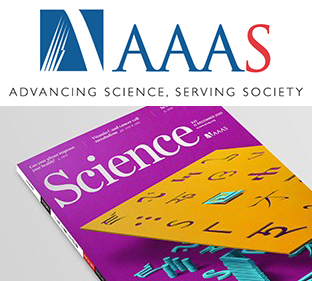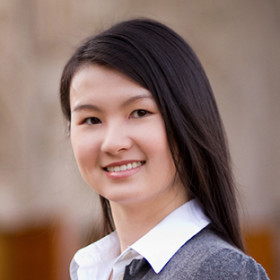FOR IMMEDIATE RELEASE
Media Contact:
Tara DiMilia, 908-947-0500, tara.dimilia@TMstrat.com
Bay Area Lyme Foundation Announces Finalists of “Lyme Innovation” Hackathon
Event brings together research from other therapeutic areas and disciplines to collaborate in development of solutions
Cambridge, MA, June 24, 2016 – Bay Area Lyme Foundation, collaborating with the Spaulding Rehabilitation Network’s Dean Center for Tick Borne Illness, Harvard Medical School Department of Physical Medicine and Rehabilitation, MIT Hacking Medicine, University of California, Berkeley, and the Veterans Affairs Center for Innovation, today announced the five finalists of Lyme Innovation, the first ever Hackathon for Lyme disease. More than 100 scientists, clinicians, researchers, entrepreneurs, and investors from several US states registered for this event to brainstorm solutions for Lyme disease, a potentially devastating condition newly infecting 329,000 people each year.
“Collaboration is the key to solving the myriad of challenges of Lyme disease, and we were excited to have the participation of so many researchers new to Lyme research,” said Wendy Adams, Science Committee, Bay Area Lyme Foundation. “It has been exciting to see such a wide range of expertise and enthusiasm come together to focus on solutions for this serious disease.”
 The following is a post from a guest author,
The following is a post from a guest author,  Dr. Ben Beard, PhD, Chief Bacterial Diseases Branch at the CDC, visited with Bay Area Lyme and invited guests as part of the foundation’s ongoing
Dr. Ben Beard, PhD, Chief Bacterial Diseases Branch at the CDC, visited with Bay Area Lyme and invited guests as part of the foundation’s ongoing  Some weeks ago, two members of the Bay Area Lyme Foundation Science Committee,
Some weeks ago, two members of the Bay Area Lyme Foundation Science Committee, 